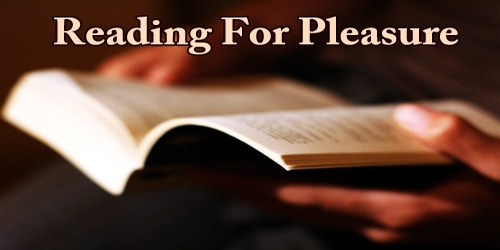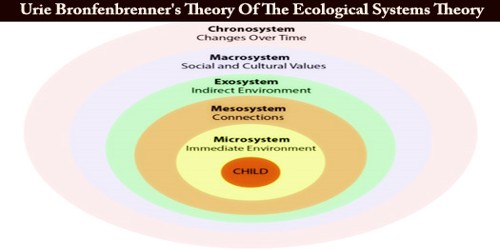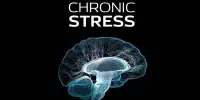Pleasure Reading can be defined as reading that is freely chosen or that readers freely and enthusiastically continue after it is assigned. If one were asked to mention one thing the modern man is more blessed with than his remote ancestors, before the invention of printing, it is undoubtedly the pleasure he receives from reading books. In the modern age, books are plentiful and easily available, and those who wish can read books of their choice with comparative ease. The pleasures of reading are, indeed, many and varied. Those who are by nature intellectual, naturally derive great joy from reading books dealing with serious problems. The challenge of ideas is a tonic that inspires and enlivens their whole mental attitude.
The relationship between reading for pleasure and wellbeing is particularly interesting, with evidence showing a correlation between reading for pleasure regularly and lower levels of stress and depression. Reading also seems to reduce the risk of dementia, with frequent readers having a lower incidence of dementia in later life.
In addition to the health benefits, reading for pleasure has social benefits and can improve our sense of connectedness to the wider community. Reading increases our understanding of our own identity improves empathy and gives us an insight into the world view of others.
Reading also brings satisfaction to men of emotional temperament. They read poetry and drama and fiction with avidity. Works of imagination relieve the mind from the oppressive limitations of the real world. When they are fed up with the dull monotony of real life, reading gives them all the thrill and excitement of variety Reading, therefore, gives man the pleasures that are denied in real life. Yet the habit of browsing is not to be encouraged as it makes the reader impractical.
Reading needs to be an everyday part of our lives – The benefits of reading are more likely to be felt when reading takes place through free choice. The outcomes of reading will occur more often and more strongly if reading is enjoyable in the first instance. This is why the ‘for pleasure’ element of reading for pleasure is so important.
Reading is not just something that children should do in school; it needs to be an everyday part of our lives, something we choose to do at all ages. This is why The Reading Agency runs programs to encourage reading for all age groups; we are there for people throughout their reading journey.
The ordinary man enjoys reading, in a large measure, as a healthy form of recreation. After the day’s labor, he feels happy to relax over a pleasant book. He turns over the pages, taking in what interests him. Such reading is, in a material sense, unprofitable, but it serves the purpose of refreshing the third mind. Books also may stimulate and uplift the moral sense of a man. Few pleasures can really be greater- than this. Indeed, ‘a good book gives a tone to the mind and edifies it.
The companionship of books is of very great value. Human companionship maybe sometimes unwanted and irritating. But books make no such demand on. One can take ‘up a book or read it as one’s mood demands. It is in itself Books of our choice are our never-failing companions.
















